Filter by
FAMENET stories (57)
RSS
Much to the fishers’ dismay, cod populations in the Baltic Sea have been decreasing since the 1990s. The reasons are many, including habitat degradation. The same decade also saw the start of a potential solution to habitat loss.
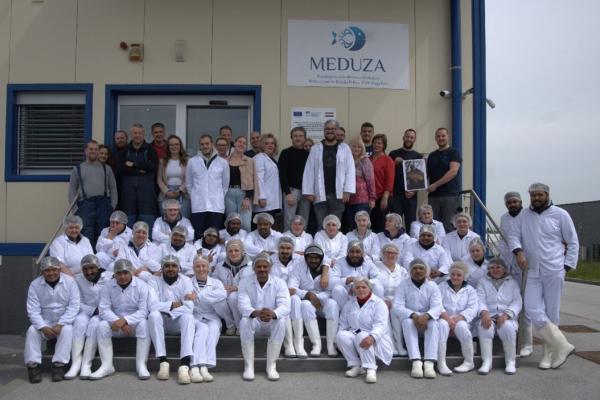
Founded in 1989 in the central Croatian city of Karlovac, Meduza started as a small family-run company with a big dream: to revolutionise the trade in fish and fishery products in Croatia and beyond. Thanks to EU funding, Meduza has achieved its dream. The company now has a modern processing
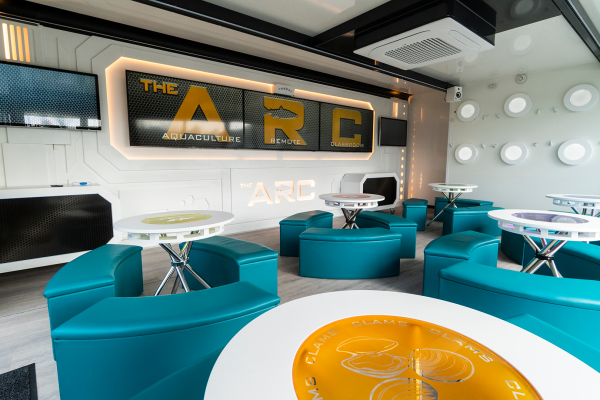
In many countries around the EU, small-town coastal communities are struggling to retain young people in the aquaculture sector. This is also the case on Ireland’s west coast, where local oyster producers are looking for new and innovative ways to promote this culturally and historically significant

Starting a business is not always easy. This is certainly the case in the world of fisheries, where there is so much to know. In France, to help young people enter this old and important trade, the Finistère regional Fisheries and Marine Aquaculture Committee created the EU-funded Pathways to
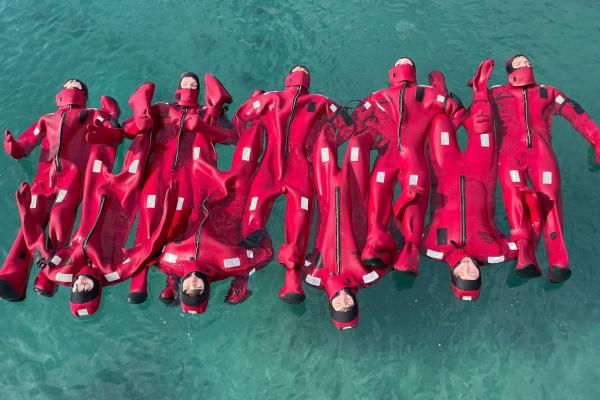
With a little less than 50 km of coastline, fishers in Slovenia often need to be able to diversify. This is why the maritime school of Portorož partnered with local fishers and Istra fisheries local action group to launch an EU-funded training programme “Be a fisher!”,

Re-routing shipping lanes is one way to reduce the effects of underwater noise on the marine environment. Until now, ocean scientists have not been able to study how large-scale diversions of this kind might affect noise levels or marine life.
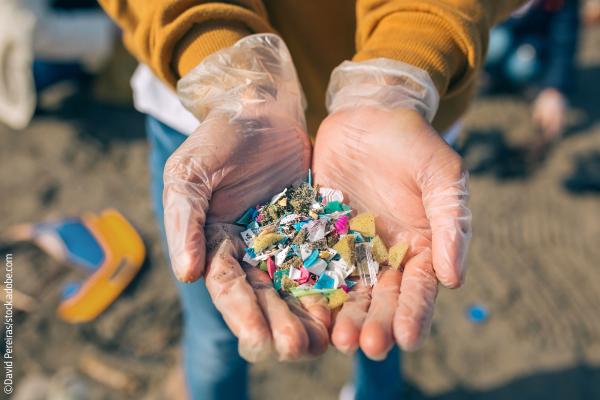
Knowing where marine litter comes from is fundamental to achieve a healthy marine environment. And this is exactly what the Finnish EU-funded RoskatPois! (LitterAway!) project set out to do.
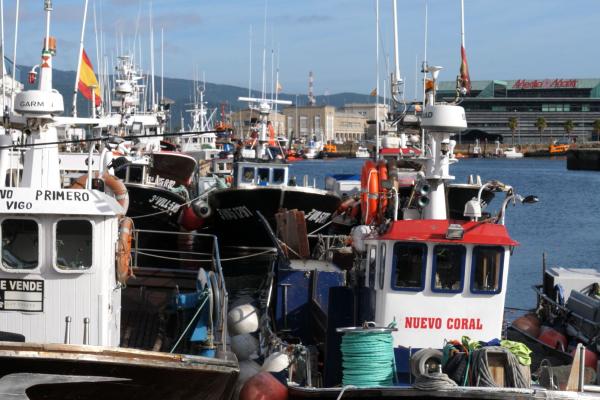
PuertAlMar, which translates as 'gateway to the sea', is a project that shows how human activities and thriving biodiversity can coexist in ports. It also shows how the carbon footprint of ports can be reduced.
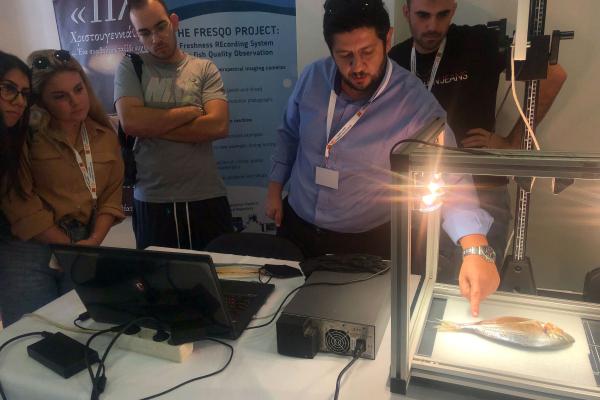
Nobody wants to eat a fish gone bad, and so quality control is key to ensure freshness. Normally this is done by an experienced veterinarian looking at fish samples. The EU-funded FRESQO project has developed a prototype for a revolutionary automated tool that can improve this process, and so help
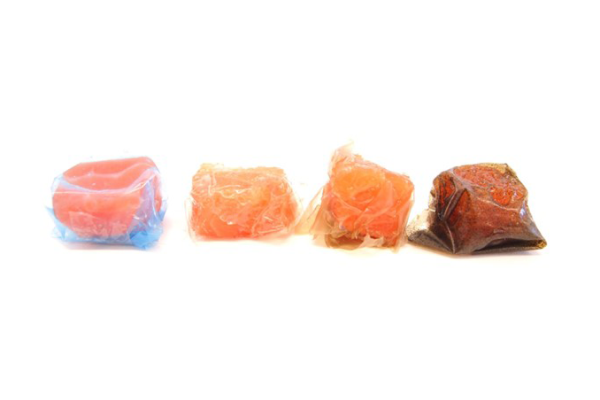
The most common technique in the world of food packaging is single-use plastic films. With a little help from the EU, the SeaFilm food packaging project aims to create a substitute for single-use plastic film in conserving frozen fish.
